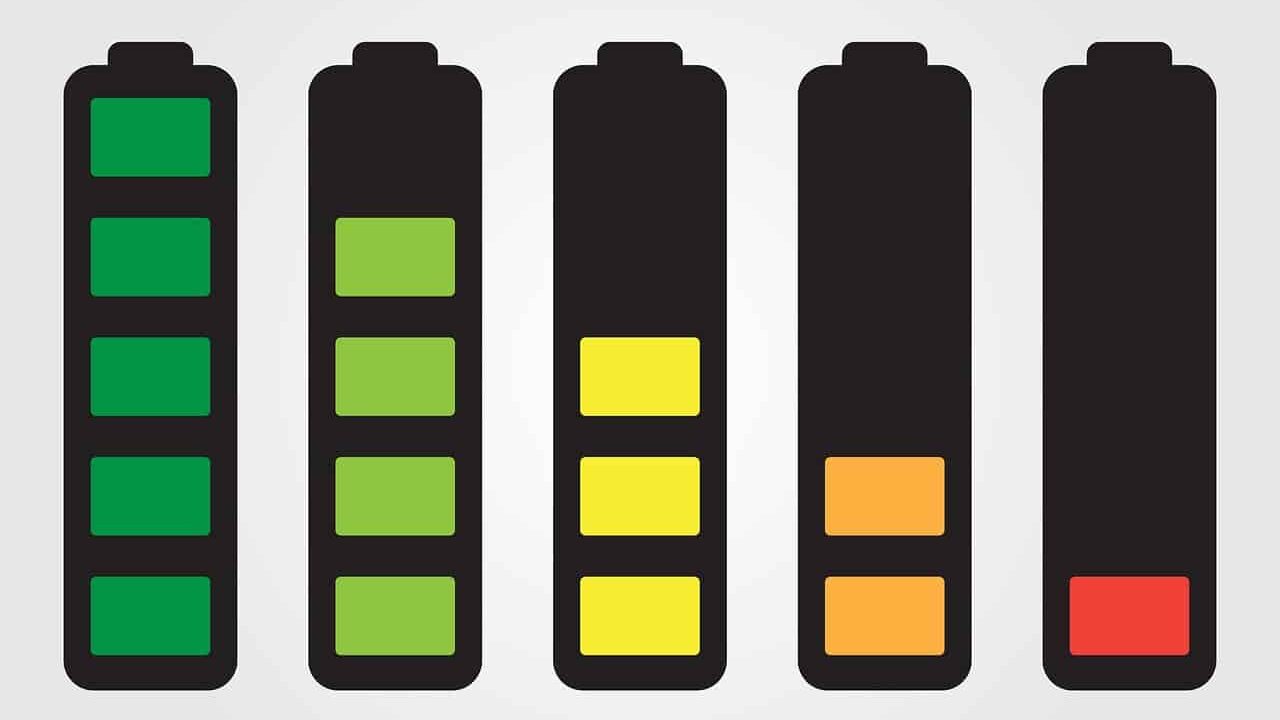The Chinese government plans to allocate more than RMB 6 billion yuan ($830 million) to fund Research and Development efforts on all-solid-state batteries (SSBs), state-owned China Daily reported.
Government funding targets six domestic industry players
According to the report, six local companies are expected to gain access to the Chinese government’s RMB 6 billion yuan ($830 million) project to promote and accelerate SSB development.
The unnamed person “with direct knowledge of the matter” revealed that these six Chinese automakers are as follows:
- Battery giant CATL
- NIO-backed WeLion New Energy Technology
- NEV and battery maker BYD
- State-owned automaker FAW
- State-owned automaker SAIC
- Chinese multinational automaker Geely
SSBs promise faster charging, longer range, and improved safety
The race for solid-state batteries continues to intensify as global automakers seek to tap into the full potential of electric vehicles.
For context, SSBs reduce fire and explosion risks often seen in traditional li-ion batteries. It replaces the flammable liquid electrolyte with a solid counterpart to deliver a higher level of safety in electric vehicle tech.
In addition, SSBs promise a more extended life cycle than li-ion batteries as they reduce chemical breakdown within the battery to sustain its capacity for more charge cycles.
This innovative battery tech also enables faster charging as it allows lithium ions to move more freely through its solid electrolyte, potentially diminishing wear and tear from slower charging over extended periods.
SSBs also boast higher energy density, enabling them to pack more power into the same size compared to li-ion batteries. In effect, EVs equipped with SSBs benefit from a longer driving range.
Move could spark global race for next-gen battery tech
Many automotive industry officials and experts highly believe in solid-state batteries’ capability to define the future of next-gen electric vehicles.
In this sense, numerous global automakers also eye this innovative battery technology to compete with Chinese players’ dominance in the current battery industry. For instance, Toyota has announced the launch of its SSB-equipped EVs in a couple of years.
Despite the potential of solid-state batteries in revolutionizing the EV industry, the large-scale application remains challenging due to constraints in raw material availability. Its production is also way more complex than other battery chemistries, resulting in higher cost.
China’s potential $830 million investment sends a strong signal that solid-state batteries are a priority, and other industry players will need to respond to stay competitive in the rapidly growing electric vehicle market.

